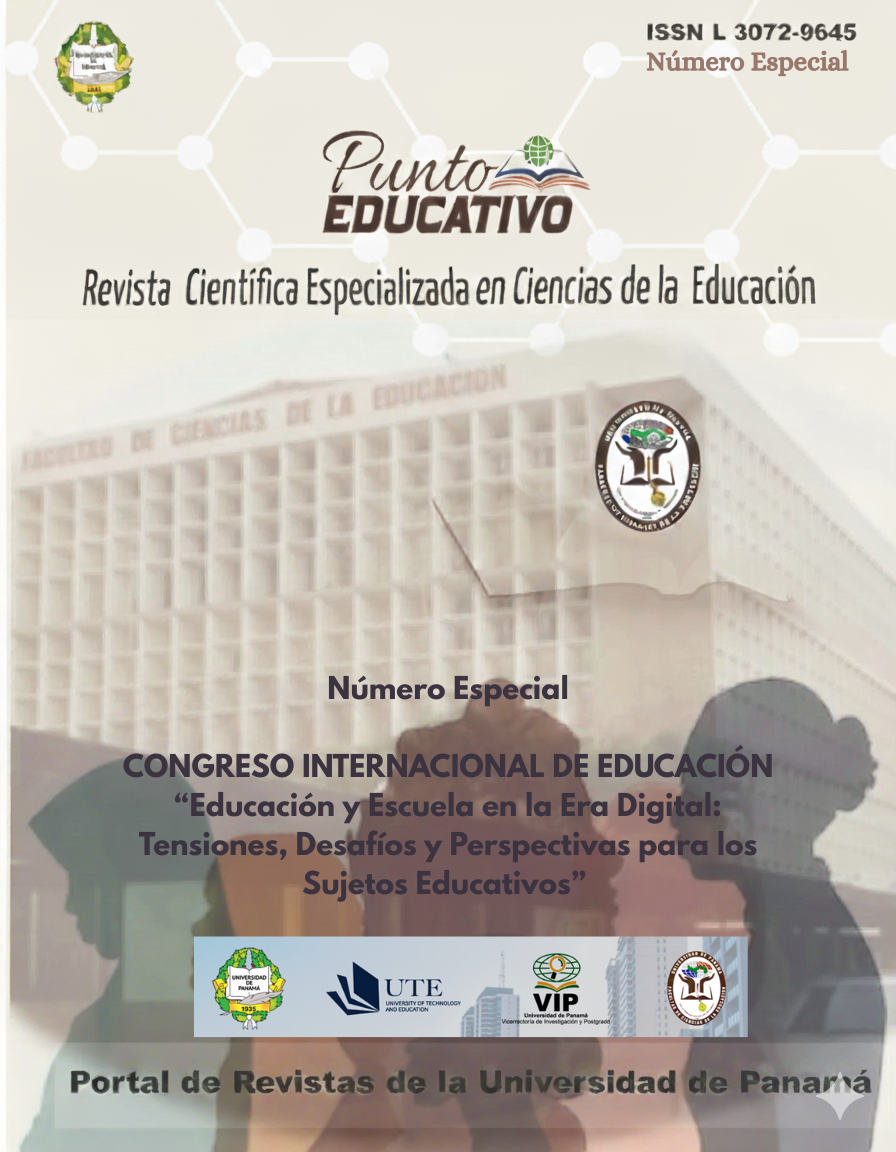

Copyright (c) 2025 Punto educativo

This work is licensed under a Creative Commons Attribution-NonCommercial-ShareAlike 4.0 International License.
Analysis of institutional architecture (IA) in Higher Education Institutions (HEIs) in Colombia and its impact on achieving strategic direction and realizing the institutional educational project (IEP). The research is framed within a regulatory context that includes Law 30 of 1992, Decree 1075 of 2015, and Agreement 02 of 2020, which provide guidelines for quality assurance in HEIs. Through the implementation of quality assurance and management models, such as the Internal Quality Assurance System, ISO 9001:2015 and ISO 21001:2018 standards, and the Integrated Planning and Management Model (MIPG) for public HEIs, the goal is to establish an IA that facilitates the development of strategic actions, ensuring the realization of the IEP and the institution's impact. This study examines how integrating these models into IA influences the achievement of strategic objectives and the realization of the IEP. While these models offer opportunities to improve quality, they also present challenges due to the complexity and multiplicity of the processes involved Preliminary results indicate that a well-designed and managed IA is crucial for optimizing the achievement of strategic direction and the realization of the IEP in Colombian HEIs. The study concludes that developing strategies for better integration and management of these models is necessary to maximize benefits and minimize administrative burdens, thus ensuring quality in HEIs.